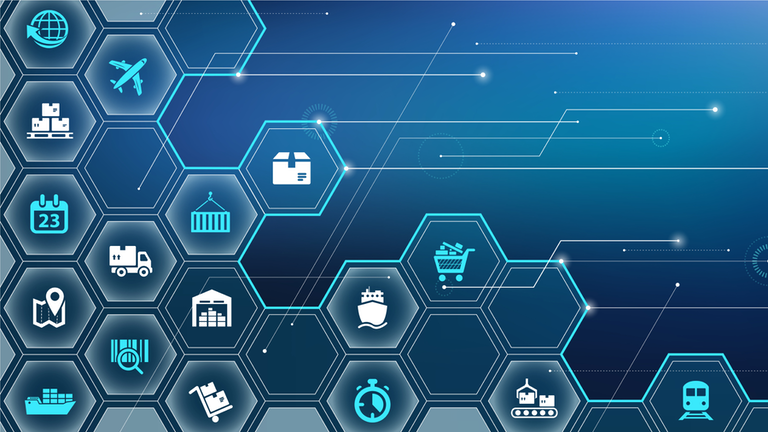
The New Year of 2021 is right around the corner, and many are breathing a sigh of relief that 2020 is finally coming to a close. After a daunting, strenuous, and uncertain year for nearly everyone on the globe, the tradition of setting New Year’s resolutions can be a welcome change of pace that requires focus on the positive and a future that holds brighter possibilities that are, at least somewhat, within our control.
But if you’re like many people, your business resolutions may suffer from an eyes-bigger-than-your mouth scenario. Despite a color-coded bullet journal, habit tracker, ergonomic chair, and the best of intentions, businesses usually run out of steam within the first few weeks. And this year, there’s all the stipulations and precautions to navigate in the midst of a pandemic to also consider—things like attend 10x business networking events, etc.
We’ve put together a list of three, Covid-friendly New Year’s resolutions for business that you can actually keep amid the chaos.
Prioritize worker health and safety above anything else
Now more than ever, it’s important to make sure your employees are taken care of. Follow all recommendations such as safe social distancing, proper mask usage that is enforced, and regular hand washing.
Additionally, you can set aside time for employees to simply chat on a call wih their coworkers. For many adults, the people we work with are our main source of non-family socialization with people in our age group. If working from home is starting to make employees feel isolated and irritable, schedule time on the clock for workers to regain some camaraderie.
This is a good tactic for reputation management as well. Businesses who chose money over worker safety in early 2020 have received a lot of backlash for their actions. Many people have begun to actively refuse to purchase from brands that don’t respect their workers.
Clean up your remote work processes
If you just started with online work because of the pandemic, then you’ve likely gone through some growing pains this year. In 2021, vow to clean up your remote work processes by:
- Managing tool subscriptions. Delete unneeded accounts to save immediate cash.
- Creating standard operating procedures for common tasks such as blog posts
- Choosing a unified system for all employees such as Google Drive or Slack and then communicating
Learn how to set effective KPIs
Just like personal goals, many businesses struggle with KPIs. They sound great on paper, but don’t perform their intended function in an overarching sense.
Take some time out in 2021 in order to reclaim time for years to come by doing a deep dive into goal planning and key performance indicators. Explore how to set realistic goals and KPIs that will actually gauge your success at meeting them.
Learning to set effective KPIs now can save you years of tried and failed attempts, wasted money, and trial-and-error loops that make only tiny incremental progress. Choosing the right ones and working toward them with consistency can be a gamechanger in your business if you’re used to doing everything by feeling, instinct, and happenstance. Having some measurable stats can also boost your team’s morale and keep them on track with insight into how what they do fits into the big picture of what’s most important to your company.
What are your New Year’s resolutions? At Premikati, we’re working harder than ever to make sure our clients have a wide range of features, a supplier list not to be reckoned with, and a simple interface for all of their purchasing needs. We also offer business process outsourcing in order to optimize the use of your time so you can use your time to its fullest.

